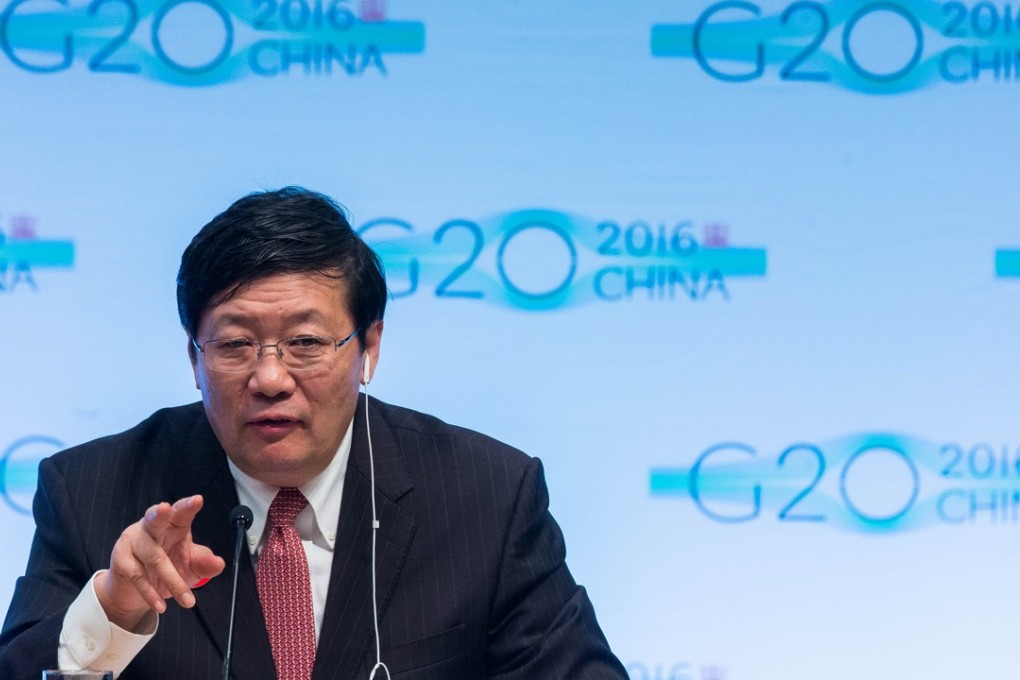Has China really avoided the middle income trap?
Former Chinese finance minister Lou Jiwei says he no longer fears that China will face economic stagnation as it attempts to become a rich nation

Lou Jiwei, the former Chinese finance minister, sparked a debate two years ago saying China had a 50/50 chance of falling into the so-called middle income trap, a term used by the World Bank to refer to nations that get stuck at a middle level of economic development as they attempt to grow rich.
Lou, currently head of the National Council for Social Security Fund, now says he has changed his mind.
The ex-minister said on the sidelines of the Communist Party congress in Beijing that the introduction of government reforms in recent years meant China would now avoid the problem.
“I can speak with full confidence that after the sweeping reforms we’ve been carrying out since 2½ years ago, China is likely to become a high-income country in three to five years,” he said.
Lou’s change of heart comes as optimism is building up among Chinese decision makers, publicly at least, over the prospects for the world’s second largest economy.
One immediate goal is that China is likely to outperform its growth target of 6.5 per cent this year.